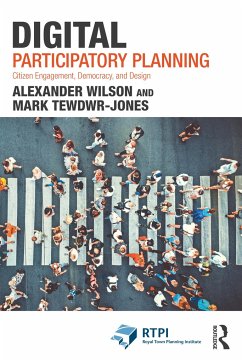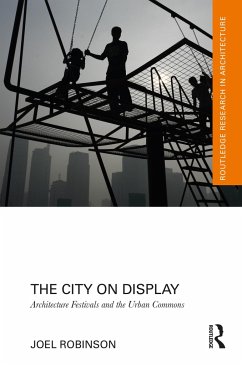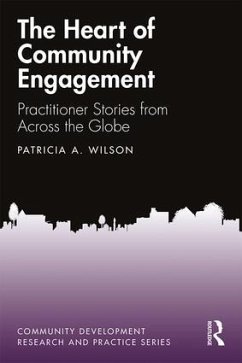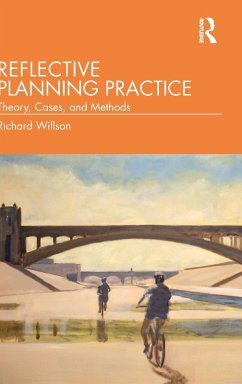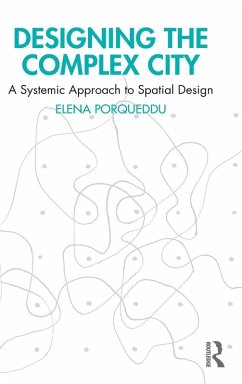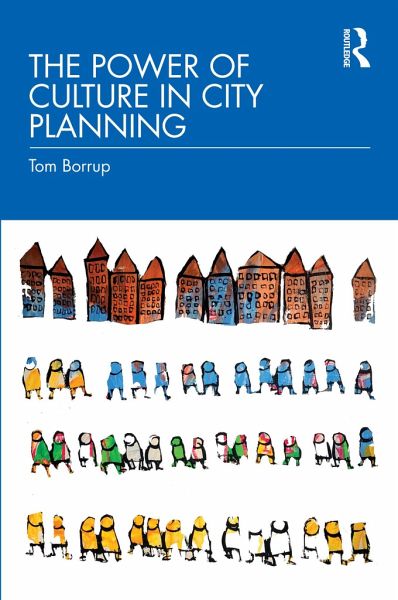
The Power of Culture in City Planning
Versandkostenfrei!
Versandfertig in 1-2 Wochen
167,99 €
inkl. MwSt.
Weitere Ausgaben:

PAYBACK Punkte
84 °P sammeln!
The Power of Culture in City Planning focuses on human diversity, strengths, needs, and ways of living together in geographic communities. The book turns attention to the anthropological definition of culture, encouraging planners in both urban and cultural planning to focus on characteristics of humanity in all their variety. It calls for a paradigm shift, re-positioning city planners' "base maps" to start with a richer understanding of human cultures. Borrup argues for cultural master plans in parallel to transportation, housing, parks, and other specialized plans, while also changing the ap...
The Power of Culture in City Planning focuses on human diversity, strengths, needs, and ways of living together in geographic communities. The book turns attention to the anthropological definition of culture, encouraging planners in both urban and cultural planning to focus on characteristics of humanity in all their variety. It calls for a paradigm shift, re-positioning city planners' "base maps" to start with a richer understanding of human cultures. Borrup argues for cultural master plans in parallel to transportation, housing, parks, and other specialized plans, while also changing the approach of city comprehensive planning to put people or "users" first rather than land "uses" as does the dominant practice. Cultural plans as currently conceived are not sufficient to help cities keep pace with dizzying impacts of globalization, immigration, and rapidly changing cultural interests. Cultural planners need to up their game, and enriching their own and city planners' cultural competencies is only one step. Both planning practices have much to learn from one another and already overlap in more ways than most recognize. This book highlights some of the strengths of the lesser-known practice of cultural planning to help forge greater understanding and collaboration between the two practices, empowering city planners with new tools to bring about more equitable communities. This will be an important resource for students, teachers, and practitioners of city and cultural planning, as well as municipal policymakers of all stripes.




